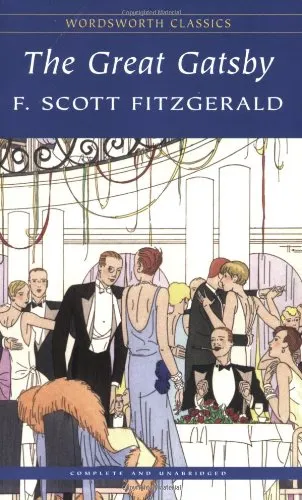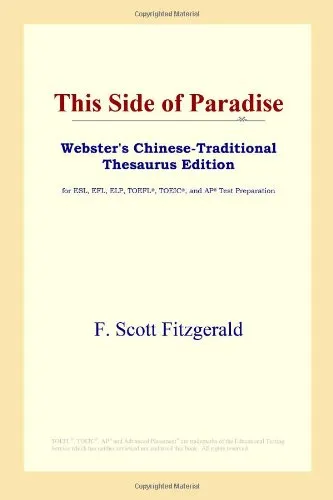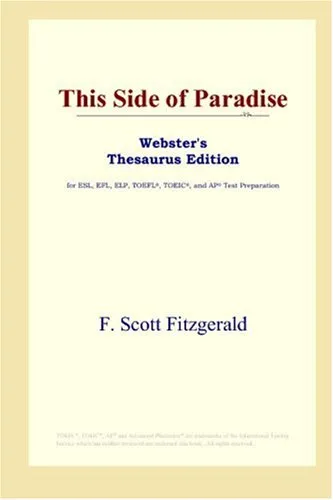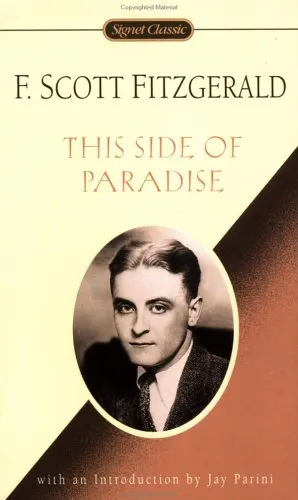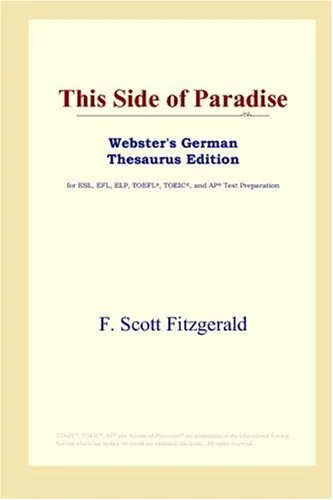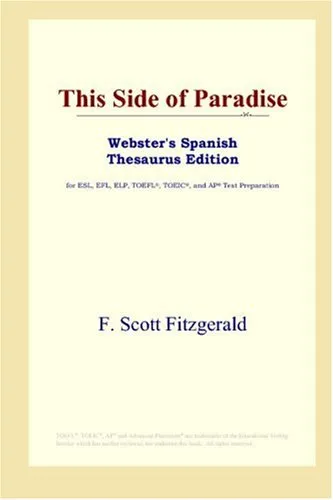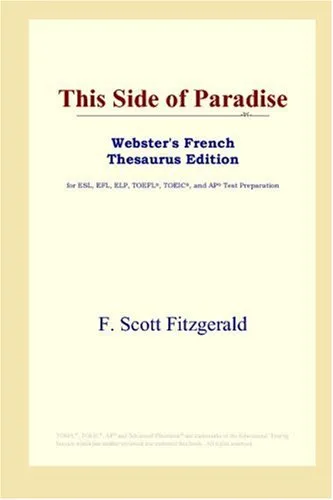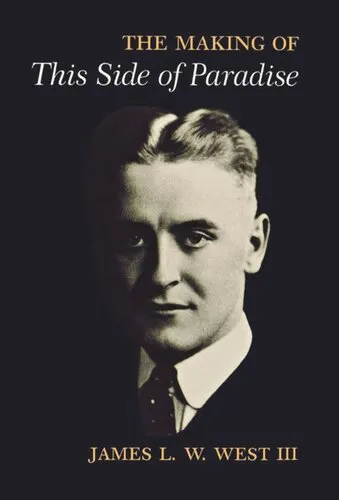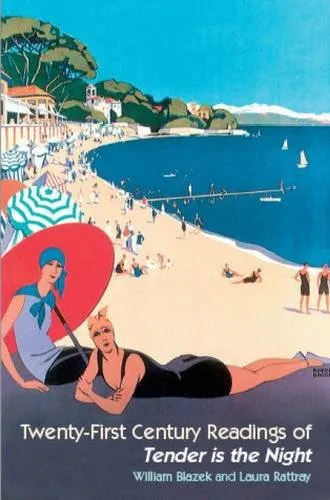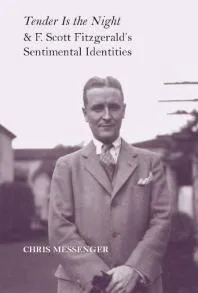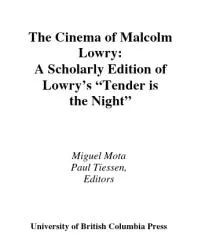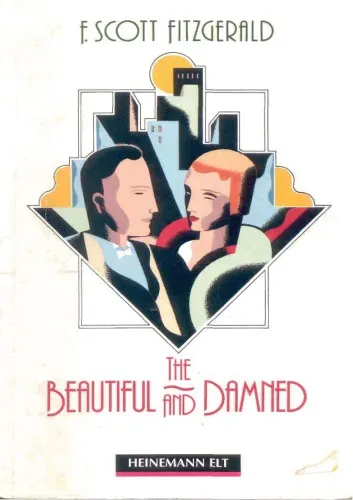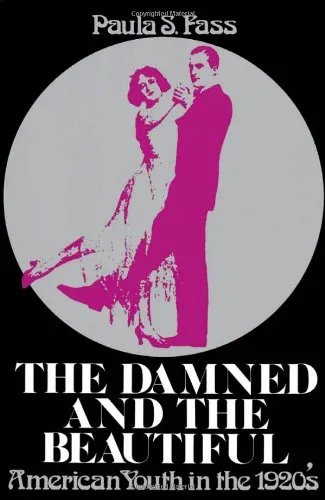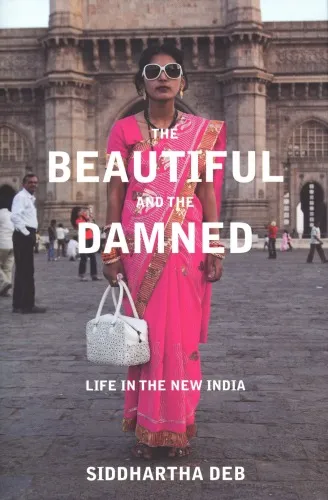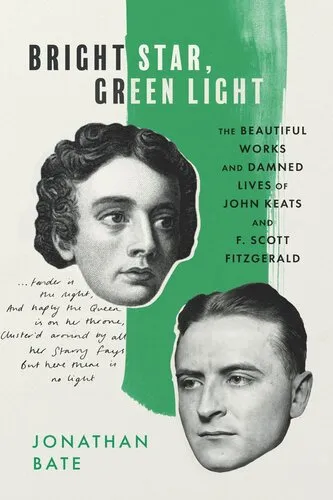The Great Gatsby (Wordsworth Classics)
3.9
Reviews from our users

You Can Ask your questions from this book's AI after Login
Each download or ask from book AI costs 2 points. To earn more free points, please visit the Points Guide Page and complete some valuable actions.Related Refrences:
Introduction to 'The Great Gatsby'
F. Scott Fitzgerald's 'The Great Gatsby' is a literary classic that continues to captivate readers with its exploration of wealth, love, and the American Dream. Set in the opulent society of 1920s America, this novel offers a window into an era of both prosperity and moral decay. Through vibrant characters, poignant themes, and exquisite prose, Fitzgerald crafts a story that resonates across generations.
Detailed Summary of the Book
'The Great Gatsby' unfolds during the roaring twenties, a period marked by prosperity and change in America. The story is narrated by Nick Carraway, a Yale graduate and war veteran, who moves to West Egg, Long Island. He rents a modest house next to the lavish mansion of the mysterious Jay Gatsby, a wealthy and enigmatic man known for his extravagant parties.
As Nick befriends Gatsby, he learns that Gatsby is deeply in love with Daisy Buchanan, Nick's cousin and a woman of old money married to the wealthy but arrogant Tom Buchanan. Gatsby's love for Daisy and his opulent lifestyle are driven by his desire to win her back, having lost her years earlier to Tom due to his own lack of wealth.
The novel delves into themes of decadence, idealism, social upheaval, and excess, examining the American Dream's disintegration in an era of unprecedented prosperity. As the lives of these characters intertwine, the story reaches a tragic climax that reveals the isolation behind Gatsby's glittering facade and questions the integrity of the American Dream.
Key Takeaways
- Critique of the American Dream: The novel serves as a cautionary tale about the American Dream, illustrating the emptiness behind the pursuit of wealth and status.
- The Illusion of Love: Gatsby's unyielding love for Daisy highlights the illusory nature of romanticized pasts and longing for unattainable ideals.
- Social Stratification: Fitzgerald poignantly portrays the divide between 'new money' and 'old money,' and how these social classes affect personal values and relationships.
- Moral Decay: The opulence of the Jazz Age masks a deeper moral decline, emphasizing the ephemeral pleasure and inherent corruption of the era.
Famous Quotes from the Book
"So we beat on, boats against the current, borne back ceaselessly into the past."
"I hope she'll be a fool — that's the best thing a girl can be in this world, a beautiful little fool."
"Gatsby believed in the green light, the orgastic future that year by year recedes before us."
Why This Book Matters
'The Great Gatsby' matters because it is a timeless examination of the human condition. It challenges readers to reflect on themes of desire, aspiration, and identity, and how these universal experiences shape our lives and society. Fitzgerald's sharp critique of the American Dream resonates in modern times, inviting conversations about success and fulfillment in a rapidly evolving world.
The novel's rich symbolism, complex characters, and eloquent prose continue to capture the imagination of readers and scholars alike. 'The Great Gatsby' stands as a monument to the transformative power of literature, proving its enduring relevance as a reflection and critique of society across time.
Free Direct Download
You Can Download this book after Login
Accessing books through legal platforms and public libraries not only supports the rights of authors and publishers but also contributes to the sustainability of reading culture. Before downloading, please take a moment to consider these options.
Find this book on other platforms:
WorldCat helps you find books in libraries worldwide.
See ratings, reviews, and discussions on Goodreads.
Find and buy rare or used books on AbeBooks.
1870
بازدید3.9
امتیاز0
نظر98%
رضایتReviews:
3.9
Based on 0 users review
Questions & Answers
Ask questions about this book or help others by answering
No questions yet. Be the first to ask!
